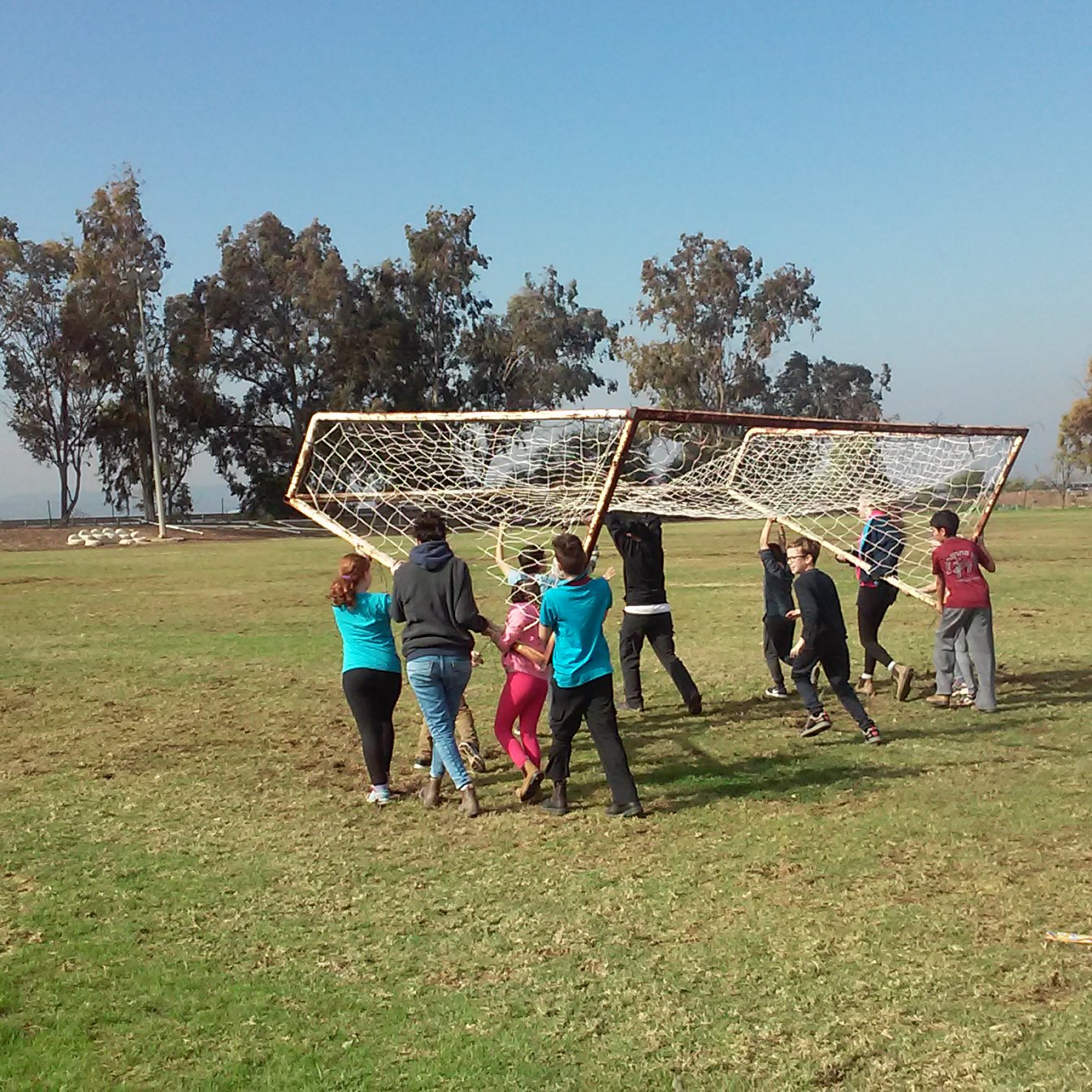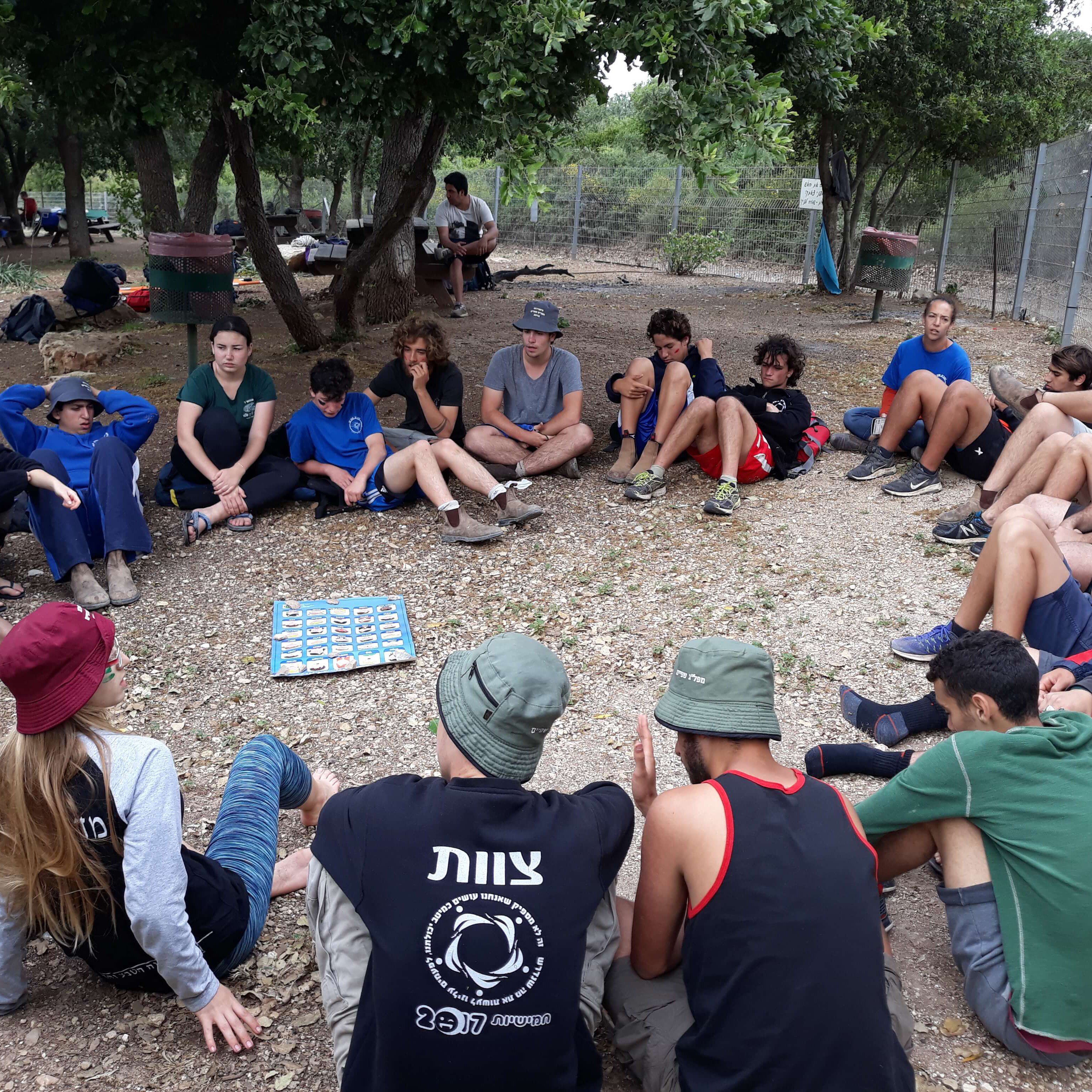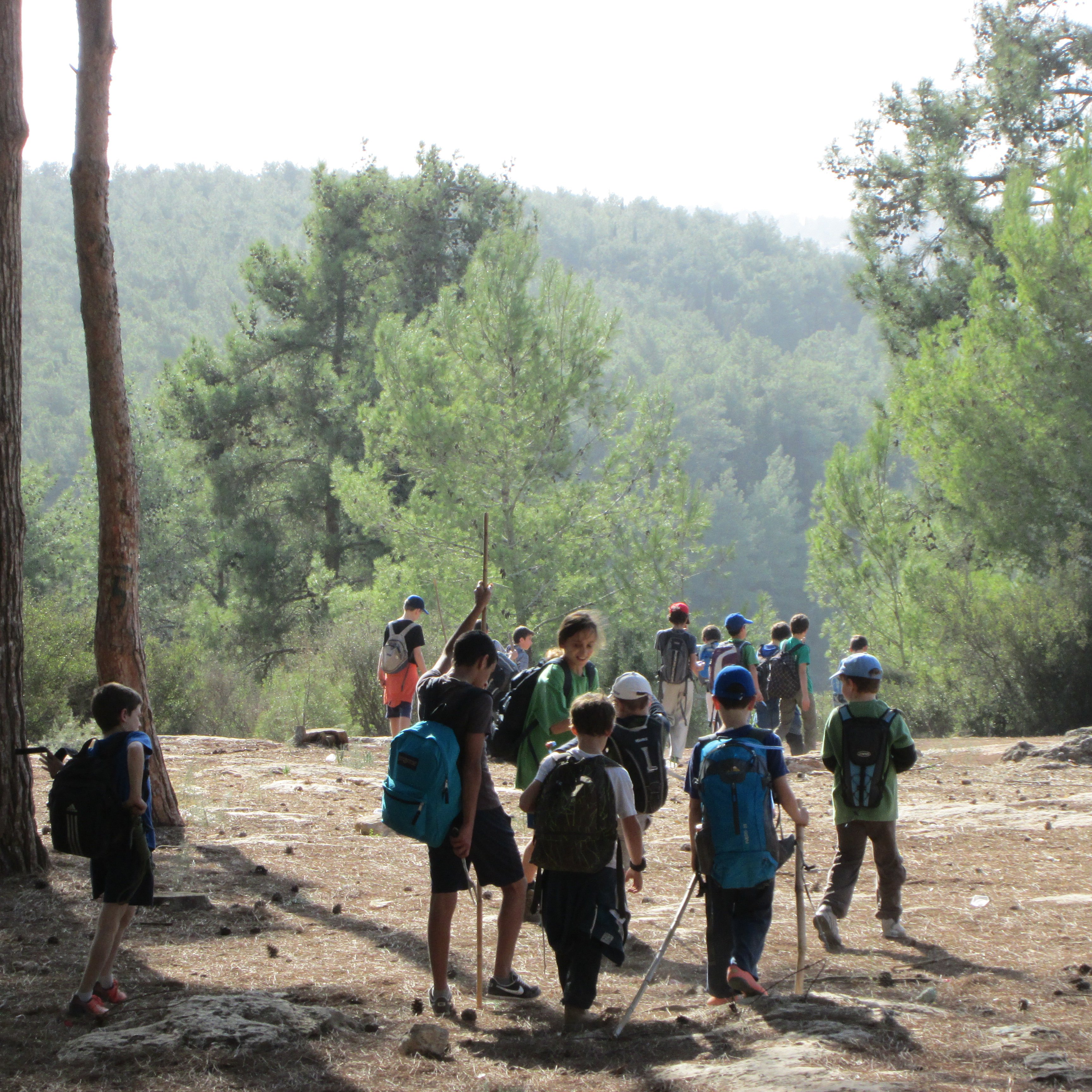About Shvilim
Shvilim (paths in Hebrew) is a center for education and nature-based expeditions
established on the beliefs that nature is the best teacher
and that through nature, individuals and groups
undergo strengthening processes and grow.
I grew up in a kibbutz. Therefore the terms group, fellowship, and together have always been a part of me.
I worked with children in the kibbutz greenhouses,
and instructed youth in various education systems and youth movements.
Read more
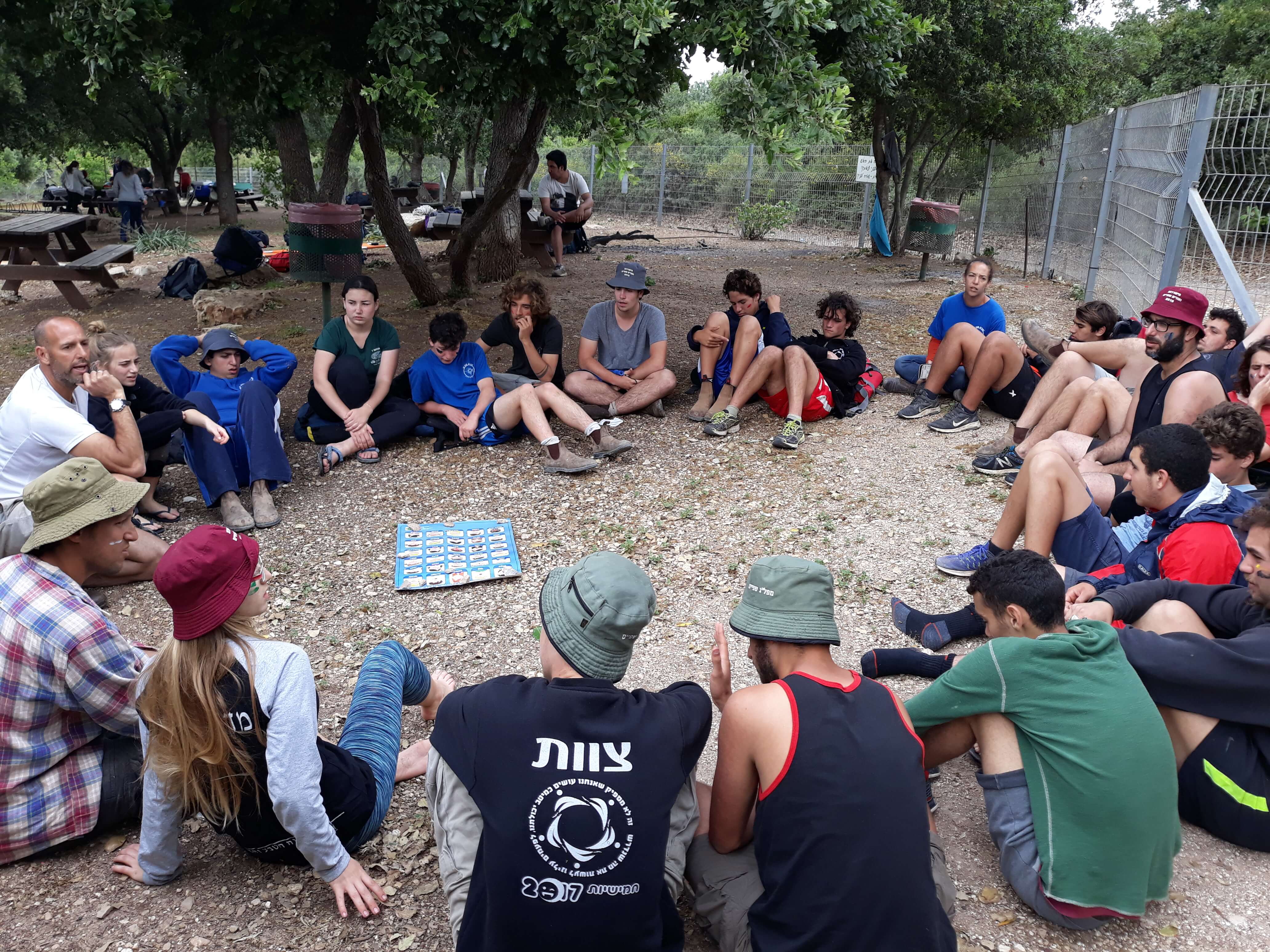
SERVICES
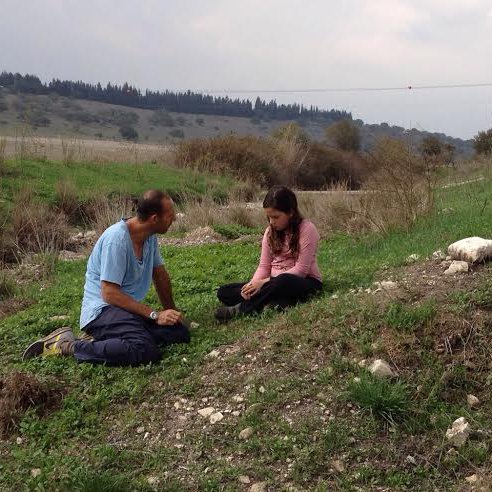
Instructing and mentoring
children and youth in nature, through fun and empowering experiences.
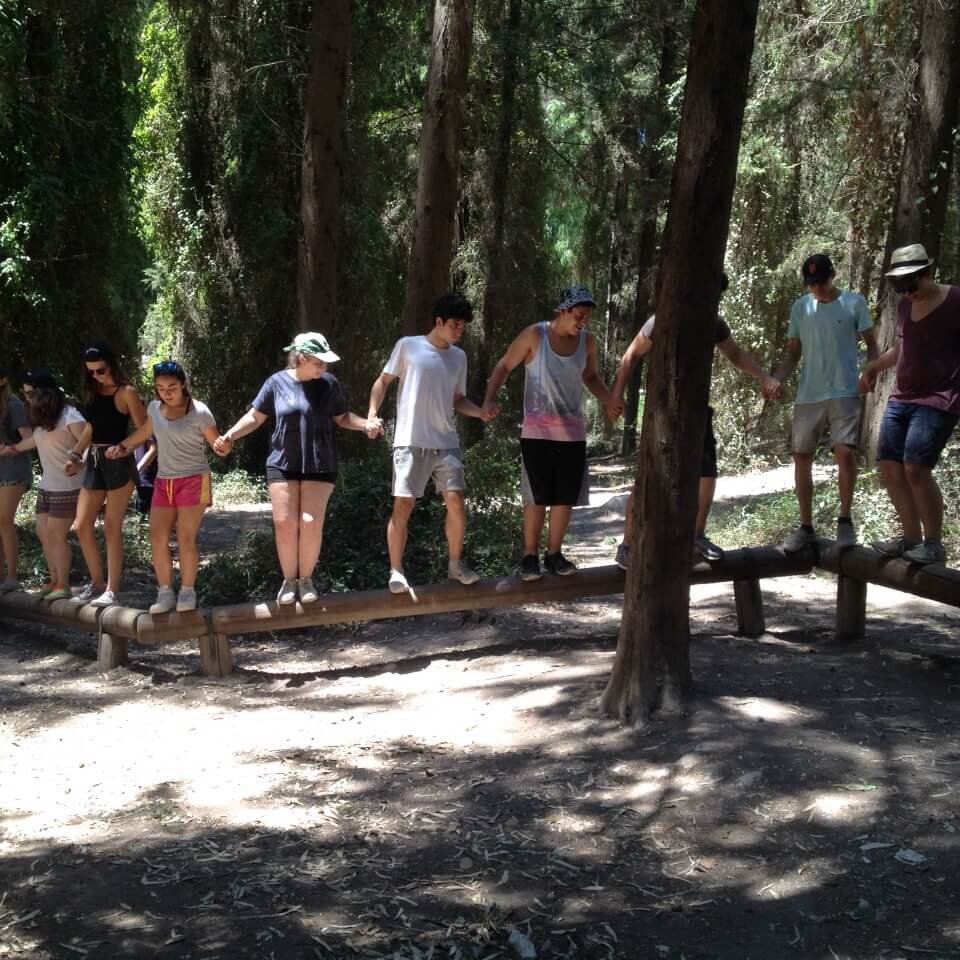
instruction for schools
Professional instruction for school teachers and education staffs.
OUR CALLING
Children don’t remember words they remember experiences and how they felt
Therefore, experiential learning is a Shvilim Center’s premise. Whether in a private session or a group, hands-on experiencing physical, mental, and emotional challenges cultivate better internalization and learning the lessons from an experience or event.
OUR EDUCATIONAL AGENDA
We established Shvilim Center with complete faith and belief that any person at any age - children, youth, and adults - can change.
As Prof. Reuven Feuerstein (Bar Ilan University) said, “Human beings are changing entities.”
Self-efficacy is one of the center’s pillars - the perception a person carries about his or her ability to behave, perform, and act in a certain way that will lead to, or yield a particular outcome.
Or, in other words: a person’s belief in their ability to carry out an assignment.
Four corresponding stages weaved into and throughout the process form the Shvilim Center Model:

